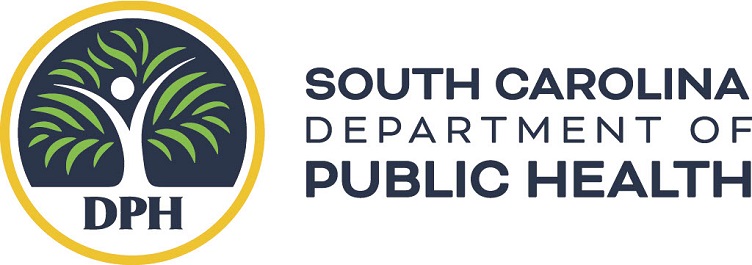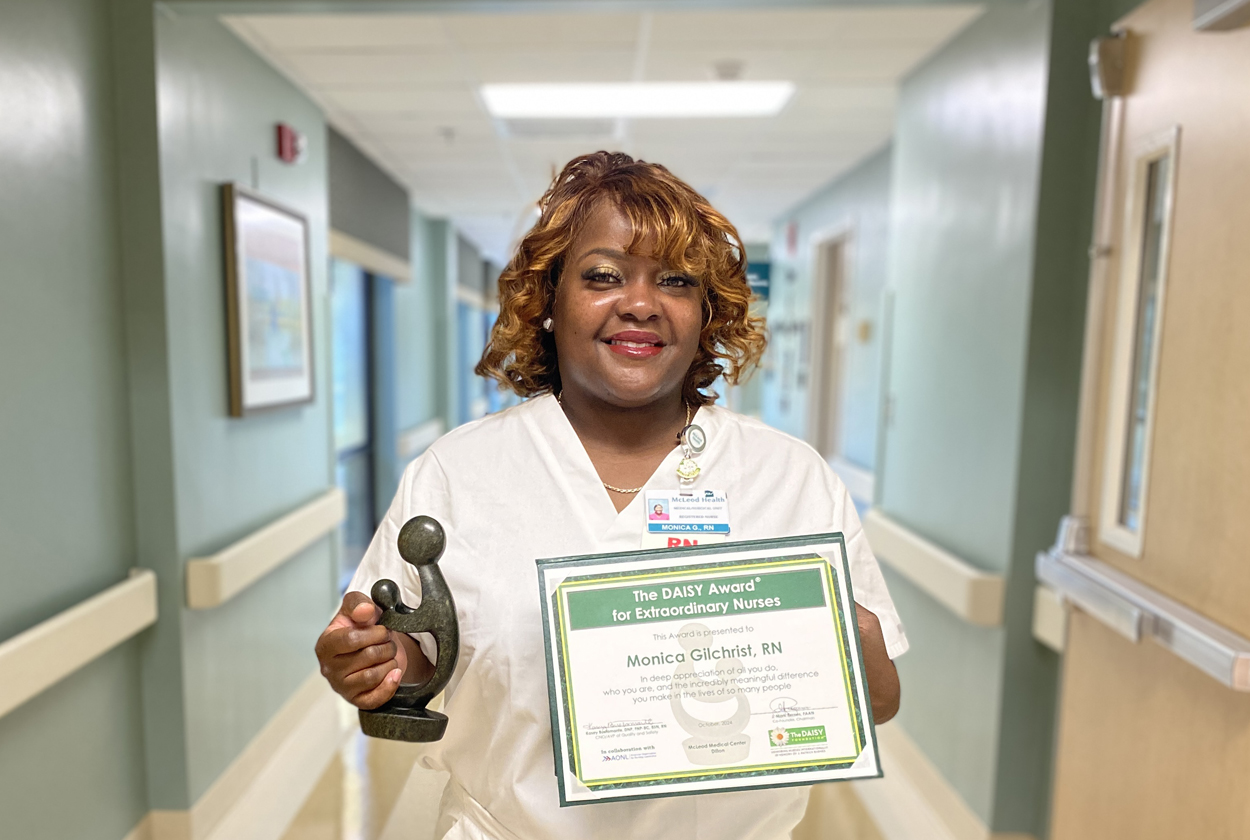COLUMBIA, S.C.(April 2) — The South Carolina Department of Health and Environmental Control (DHEC) and Clemson University are jointly sharing information with the public about actions you can take to reduce the risk of HPAI A (“H5N1 bird flu”) in humans and in animals. This includes sharing safety measures with specific groups of people in the state who work routinely with dairy and poultry.
Why is this information being shared?
On April 1, the Centers of Disease Control and Prevention (CDC) issued a press release about a person in the United States that has tested positive for H5N1 bird flu, as reported by Texas and confirmed by CDC.
The virus is primarily a disease of wild birds and poultry. It was first detected in dairy cattle last month, when the Texas Animal Health Commission and U.S. Department of Agriculture’s (USDA) Animal and Plant Health Inspection Service (APHIS) received confirmation of the presence of HPAI in diagnostic samples from cattle from two Texas and two Kansas dairies. USDA’s APHIS confirmed the disease March 25, 2024.
Since then, this disease has been found in dairy cows in Kansas, New Mexico, Idaho, and Michigan and movement of cattle from Texas affected herds has been linked to the cases in Idaho and Michigan.
Currently, the virus has not been detected in South Carolina dairy herds and there are no human cases of H5N1 bird flu in the state.
Symptoms and signs to be aware of:
Affected dairy cattle show 1) low appetite, 2) decreased lactation, 3) thickened or colostrum-like milk, and 4) other variable clinical signs.
HPAI infects the respiratory and gastrointestinal tracts of birds, causing them to shed the virus in their saliva, mucus, and feces. The virus can also infect the respiratory tract of mammals and cause systemic infection in other organ tissues. Human infections with HPAI viruses can happen when enough virus gets into a person’s eyes, nose, or mouth or is inhaled.
The risk of H5N1 bird flu in humans for the public is low currently. However, people with close or prolonged, unprotected exposures to infected birds or other animals (including livestock), or to environments contaminated by infected birds or other animals, are at greater risk of infection. CDC has interim recommendations for prevention, monitoring, and public health investigations of HPAI A(H5N1) viruses.
“DHEC and Clemson have more than two decades of experience working together and with other state and federal partners to share information, coordinate and respond to outbreaks or events that effect people and animals in South Carolina,” said Dr. Brannon Traxler, DHEC Chief Medical Officer. “We are fortunate to have this experience in South Carolina — a great example of public health partnership in action. We have already been in communication since the news was announced by CDC yesterday, to ensure we are planning and fully coordinating.”
Safety steps and guidance for the public:
DHEC recommends that the public protects itself by:
-Avoiding unprotected (not using respiratory or eye protection) exposures to sick or dead animals including wild birds, poultry, other domesticated birds, and other wild or domesticated animals, as well as with animal feces, litter, or materials contaminated by birds or other animals with suspected or confirmed HPAI A(H5N1) virus infection.
-Not preparing or eating uncooked or undercooked food or related uncooked food products from animals with suspected or confirmed HPAI A(H5N1) virus infection (avian influenza or bird flu). While pasteurized milk is safe, drinking or eating unpasteurized (raw) milk or raw cheeses has an increased risk for infection by the H5N1 bird flu virus.
-Being careful around animals. Wash your hands after touching birds or other animals.
-Washing your hands thoroughly after handling raw or undercooked chicken or beef.
-Staying informed about H5N1 bird flu updates from trusted sources.
“The public should feel confident in the safety of the commercial milk supply. Federal regulations require that products are pasteurized before entering the interstate commercial market, and dairies are required to send only milk from healthy animals to be processed for human consumption,” said Michael Neault, S.C. State Veterinarian, and director of Clemson Livestock Poultry Health.
Safety steps and guidance for dairy and poultry workers:
DHEC also recommends that individuals who work with poultry and/or livestock protect themselves by:
-Wearing the correct personal protective equipment (PPE), including an N95 filtering facepiece respirator, eye protection, and gloves. While eye protection (safety goggles) can be easy to forget or forego, its importance is emphasized by the human case of H5N1 bird flu in Texas, whose symptom was conjunctivitis (eye redness and irritation from infection by the virus).
-Bringing a clean change of clothes and changing into them after work, before heading home.
Washing hands thoroughly after contact with poultry or livestock.
Following CDC interim recommendations for farmers; poultry, backyard bird flock, and livestock owners.
Statistics
Since 2022, there have been 48 states confirmed with avian influenza in poultry.
South Carolina had its first confirmed case of in HPAI in commercial poultry in 2020. Since then, there have been sporadic detections in wild birds and backyard flocks. The most recent confirmed cases were January 2024 in backyard flocks in Horry and Orangeburg counties.
Potential Illness and Reporting
Health care providers with a patient for whom there is a concern of having HPAI A(H5N1) virus infection should follow CDC recommendations if the patient has signs or symptoms of infection and a relevant history of exposure, including immediate notification to their regional DHEC public health office or the statewide DHEC emergency contact number (1-888-847-0902).
Report cattle that are ill with the clinical signs previously listed and any sick or dead poultry to Clemson Livestock Poultry Health by calling 803-788-2260 (Monday – Friday, 8 a.m. – 4:30 p.m.) or using the online report form. Report sick or dead wild waterfowl to the South Carolina Department of Natural Resources by calling 803-734-3886.
DHEC and Clemson will continue to monitor the situation at the national level and in South Carolina. As updated information becomes available, it will be shared with the public.
Additional Resources
Follow scdhec.gov and clemson.edu/public/lph for more information.
For information on biosecurity measures, visit the Clemson Livestock Poultry Health Avian Influenza website or the USDA’s Defend the Flock Program website.




